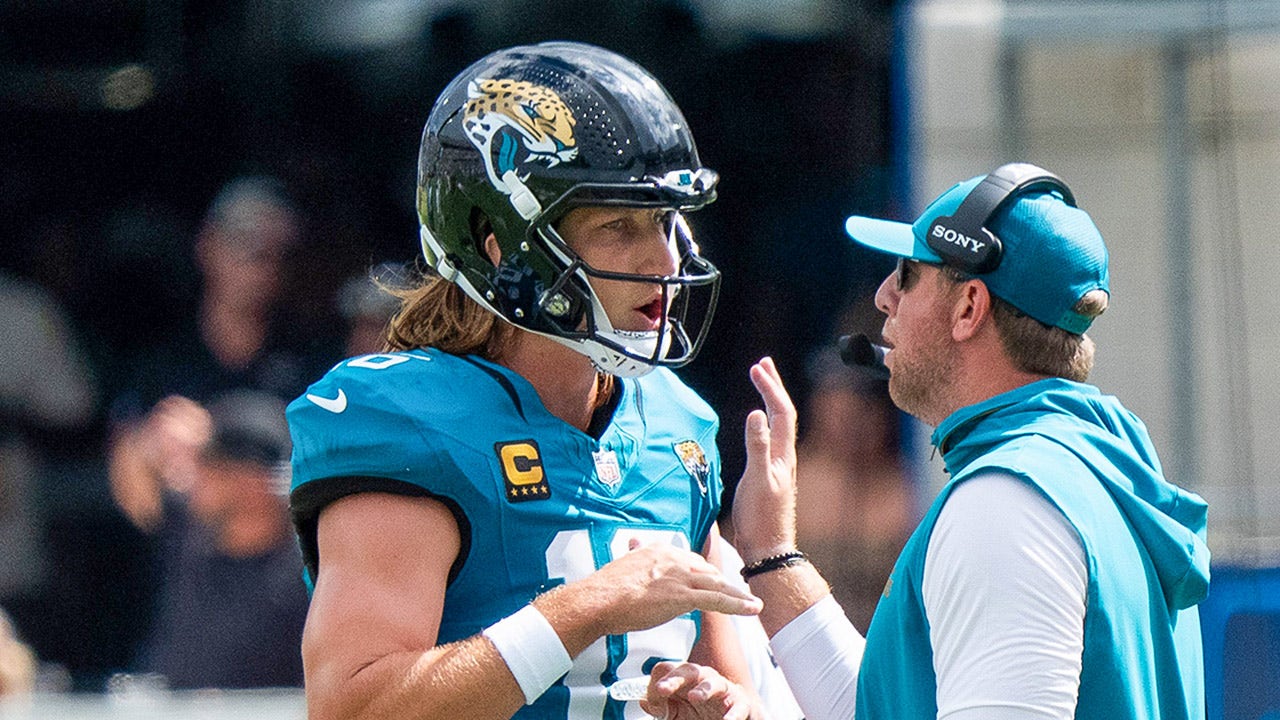Sophie Pokela just graduated from the University of Wisconsin with an English degree — and a rigorous education in nutrition.
Pokela grew up thinking she was a healthy eater because she mostly chose foods packed with protein and fiber. It dawned on her a year into college that she didn’t actually know much about what she was consuming.
“I was scrolling on Instagram and came across a crunchy mom who was talking about seed oils,” Pokela, 21, told The Post. “I’d never heard of them before, and I started scrolling through her page and realized that I had no idea what the ingredients in my food were.”
Pokela quickly graduated from health-conscious to “crunchiness,” a holistic lifestyle prioritizing whole foods while shunning toxins. Crunchy crusaders tend to avoid ultra-processed foods, plastics, “forever” chemicals and pharmaceuticals in favor of alternative remedies, natural ingredients, organic fare and spiritual wellness.
The “Make America Healthy Again” movement has helped this subculture become more vocal and visible, even on college campuses, where 2 a.m. pizza, borgs and the freshman 15 are rites of passage.
Clinical psychologist Laura Braider said crunchiness can be positive — if managed properly. She warned that some students may overdo healthy practices, especially if they’ve struggled with an eating disorder or obsessive-compulsive disorder.
“In moderation, I think this is not necessarily a bad trend,” Braider, assistant vice president of college mental health at Northwell Health, told The Post. “I think being intentional in this population and being present and being aware can be a very good thing, as long as it’s in a controlled atmosphere.”
Navigating online information
One concern is that crunchy enthusiasts are not receiving evidence-based advice. Online communities, particularly social networks, can be breeding grounds for misinformation.
“Social media can provide good information, but there’s also a lot of erroneous information on social media, as we all know,” Braider said.
“From a healthcare perspective, I think that we have to meet students where they are,” she added, “and perhaps we need to be able to disseminate information in a more palatable way.”
As she became crunchy, Pokela turned to the Weston A. Price Foundation, a nonprofit alternative nutrition organization that promotes nutrient-dense foods, raw milk and cod liver oil and discourages strict vegetarianism, seed oils and fluoridated water.
She also tuned in to the “MAHA”-friendly health and wellness podcast “Culture Apothecary,” hosted by Turning Point USA contributor Alex Clark.
Both outlets have been accused of spreading potentially harmful health misinformation.
Pokela dismissed the criticism, saying she’s come to “really trust” those two resources after doing extensive research.
Clark, 32, and Pokela are even on similar journeys. They have Hashimoto’s disease, where the immune system mistakenly attacks the thyroid gland.
Pokela first learned about the autoimmune disorder when Clark revealed her struggles.
Promoting healthier swaps
Pokela has been detailing her approach to managing symptoms on TikTok, emphasizing whole foods, morning and evening walks and breathing exercises.
She had already overhauled her diet months before her diagnosis, replacing the so-called “healthy” processed snacks that had become staples in her pantry with ground beef, sweet potatoes and avocados and giving gluten the heave-ho.
She encourages her 400 TikTok followers to make healthier swaps, like organic coconut sugar for cane sugar.
“[It’s] just a crime that people don’t know that they’re consuming these foods that aren’t even real food,” said Pokela, who got a certificate online in health coaching from the Institute for Integrative Nutrition. “That’s why I think this is so important.”
Finding balance
Courtney Beck, an 18-year-old rising sophomore at Texas State University, began dishing on her crunchy lifestyle on TikTok in December.
Beck spent most of her life training in classical ballet, which led to a “really warped idea about what being healthy meant” and eventually, anemia and anorexia.
After recognizing that being skinny at all costs wasn’t sustainable, she quit dancing and sought health guidance elsewhere.
“I fell into a rabbit hole about being crunchy and eating whole foods and how counting your calories isn’t the most important thing,” Beck told The Post.
“And it just took off from there,” she continued. “I just got super into my health and vitamins … completely changed my life, and it just became something I’m super passionate about.”
The former vegetarian slowly added ground beef and chicken into her diet and became a “beef tallow connoisseur,” rubbing the animal fat all over her face.
She crowed that her skin “never looked better.” (Experts warn that this trend may not be suitable for everyone.)
Most of Beck’s TikToks are grocery hauls, recipes and peeks at her daily diet.
She preaches moderation, confessing that she enjoys Dr. Pepper and popsicles now and again.
“I still eat out with my friends every once in a while, and I still go do fun things,” Beck shared, “but it’s just about choosing to make intentional decisions when you have the opportunity.”
Overcoming challenges for personal growth
One of the downsides of living this life online is the pessimistic feedback.
“It’s really easy to take those [negative comments] to heart,” said Beck, who is majoring in mass communications and minoring in nutrition to pursue a career in holistic nutrition.
“At the end of the day, I know that I’m healthy, and I know that this is the best I’ve ever felt.”
Pokela has endured difficulties as well. She recalled a few occasions in college when eating healthy was tricky.
“A lot of social events revolve around eating out and drinking, which I also don’t do,” she said. “Sometimes I would have to go to a restaurant and not order anything, which is kind of awkward to just sit there.”
She also admitted that consuming so much health information “can feel like a lot at times.”
“But I think that the people who say that I need to be enjoying myself in my 20s don’t realize that I am working towards a healthier future self,” Pokela said.
Read the full article here
















